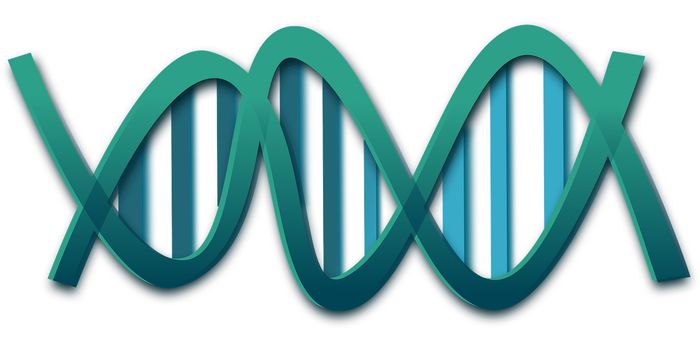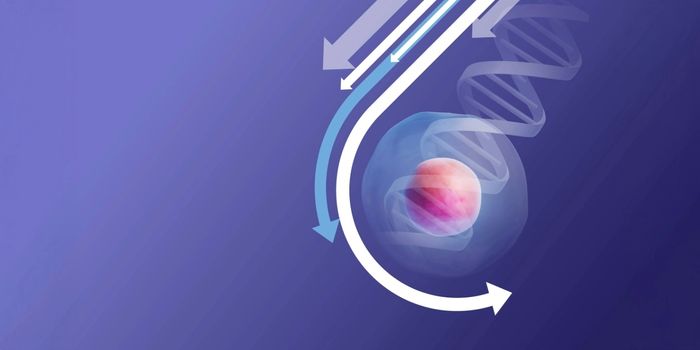A Slowdown in Cells' Protein Construction Drives Huntington's
Huntington's disease begins with symptoms like movement and balance problems, weakness, and behavioral disturbances, and it is ultimately fatal. Although researchers have known since 1993 that mutations in a gene called Huntingtin (HTT) cause the disease, there is still no treatment for this devastating disorder. Neuroscientist Srinivasa Subramaniam, Ph.D. of Scripps Research noted that one challenge is a limited understanding of how the mutant protein causes the death of cells in the brain. But, Subramaniam's team has now reported in Nature Communications that the mutant huntingtin proteins cause ribosomes, machinery in cells that help construct proteins, to slow their activity.
"The ribosome has to keep moving along to build the proteins, but in Huntington's disease, the ribosome is slowed. The difference may be two, three, four-fold slower. That makes all the difference," said Subramaniam.
The average cell contains millions of ribosomes to maintain the proteins that are needed by the cell at any one time. Many proteins are short-lived, so their replenishment can be essential for the cell to live. If ribosomes are impaired, it can spell devastation for the cell, noted Subramaniam. "It's not possible for the cell to stay alive without protein production," he said.
Disruptions in the ribosome may play a role in other neurodegenerative diseases, Subramaniam suggested.
The symptoms of Huntington's disease begin earlier in a patient's life when their genetic mutations are more serious - when there are more abnormal CAG sequence repeats in HTT. The movement and behavioral difficulties are related to the degeneration of brain cells in the striatum, a region in the center of the brain that regulates voluntary movement and reacts to social reward.
In this study, the researchers engineered striatal cells that carried varying degrees of CAG repeats. They used a tool called Ribo-Seq, which can show which ribosomes are active in a cell at one moment, and mRNA-seq to learn which genes were active at that time.
In cells carrying mutated HTT genes, the production or translation of many proteins was slowed down. The researchers also stoped the cells from producing mutant huntingtin protein, which rescued the defect; the ribosomes and protein synthesis sped back up. Additional work suggested that the mutant huntingtin protein attaches directly to ribosomal assembly, and affects the level of ribosomes in the cell.
While more work remains, the researchers are hopeful that this research will eventually aid in the design of treatments for Huntington's patients.
"The idea that the ribosome can stall before a CAG repeat is something people have predicted. We can show that it's there," Subramaniam said. "There's a lot of additional work that needs to be done to figure out how the CAG repeat stalls the ribosome, and then perhaps we can make medications to counteract it."
Sources: AAAS/Eurekalert! via Scripps Research Institute, Nature Communications









